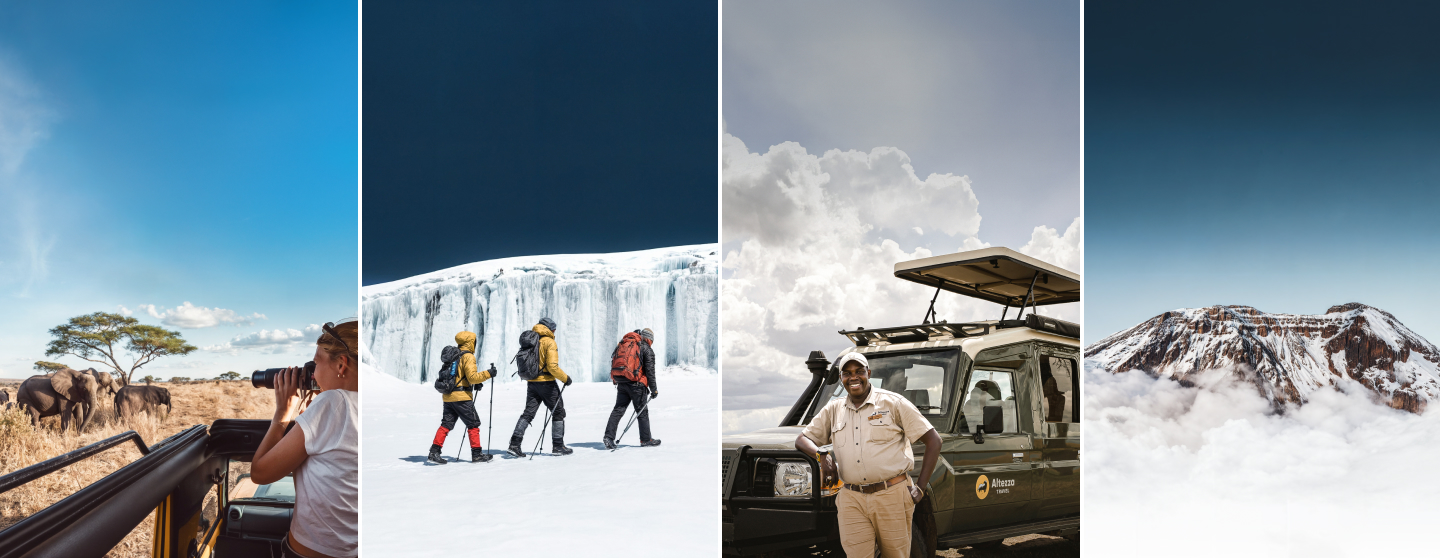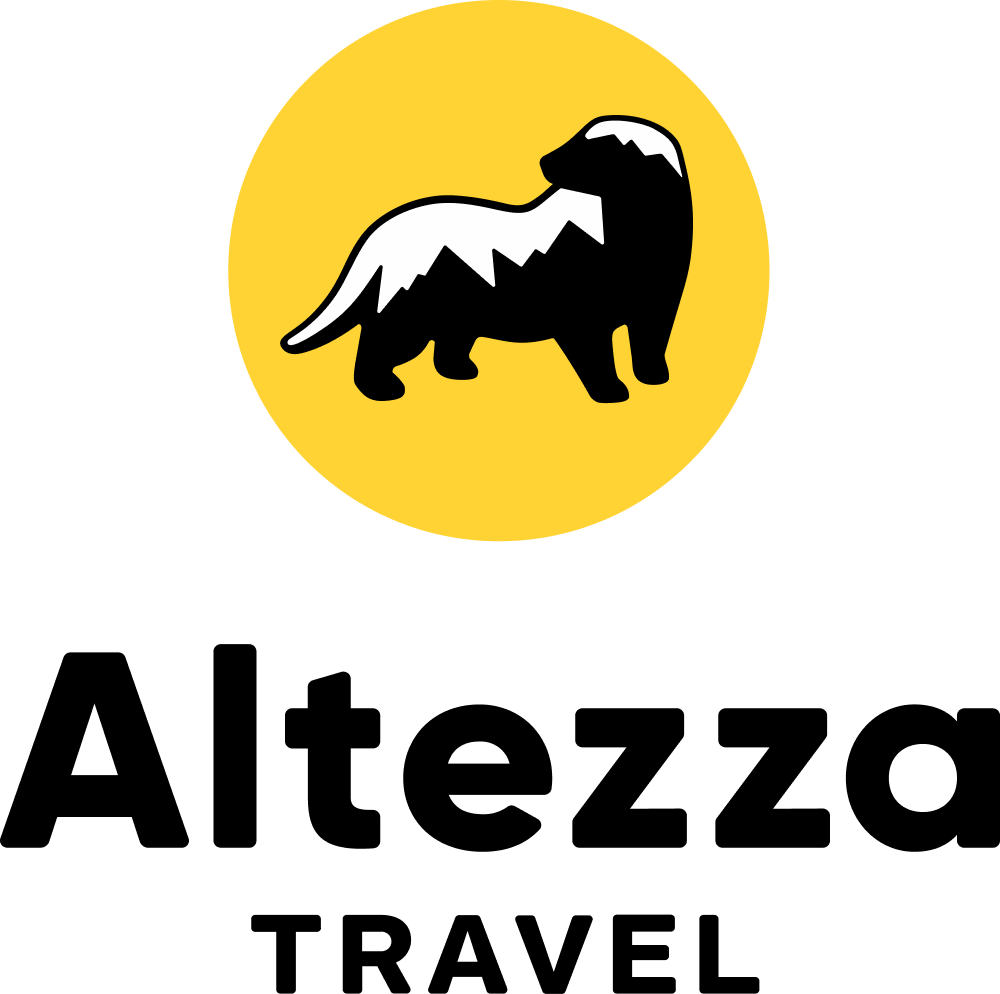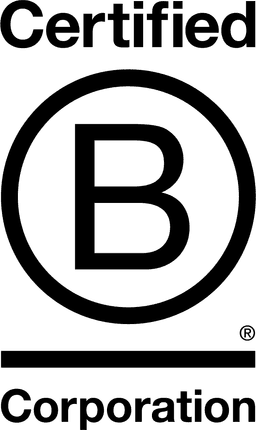

Altezza Travel

1.6
Kilimanjaro Region, Tanzania
July 2025
Travel agency & related
Service with Minor Environmental Footprint
Tanzania
Altezza Travel is a leading tour operator based in Moshi, Tanzania. Since 2014, we’ve been organizing ethical wildlife safaris and safe, professionally guided Kilimanjaro climbs. Today, we are proud to be the #1-rated outfitter for Tanzania experiences on TripAdvisor. What began with a team of three has grown into a company of over 250 employees. We are now the region’s largest taxpayer and a workplace of choice for young graduates pursuing careers in African tourism. Our operations base is located in Machame, a rural area in the foothills of Mount Kilimanjaro. Over the past decade, it has become more than just a workplace—it’s a place where no one is overlooked. Whether it’s a sick child, a failed harvest, an injured wild animal, or school fees that need covering, Altezza listens and helps where it can. We believe that caring for the planet begins with caring for those around you. Empathy. Curiosity. Passion. These values guide everything we do, from how we run expeditions to how we support our team and community.
Overall B Impact Score
Governance 13.2
Governance evaluates a company's overall mission, engagement around its social/environmental impact, ethics, and transparency. This section also evaluates the ability of a company to protect their mission and formally consider stakeholders in decision making through their corporate structure (e.g. benefit corporation) or corporate governing documents.
What is this? A company with an Impact Business Model is intentionally designed to create a specific positive outcome for one of its stakeholders - such as workers, community, environment, or customers.
Workers 27.8
Workers evaluates a company’s contributions to its employees’ financial security, health & safety, wellness, career development, and engagement & satisfaction. In addition, this section recognizes business models designed to benefit workers, such as companies that are at least 40% owned by non-executive employees and those that have workforce development programs to support individuals with barriers to employment.
Community 29.2
Community evaluates a company’s engagement with and impact on the communities in which it operates, hires from, and sources from. Topics include diversity, equity & inclusion, economic impact, civic engagement, charitable giving, and supply chain management. In addition, this section recognizes business models that are designed to address specific community-oriented problems, such as poverty alleviation through fair trade sourcing or distribution via microenterprises, producer cooperative models, locally focused economic development, and formal charitable giving commitments.
Environment 13.1
Environment evaluates a company’s overall environmental management practices as well as its impact on the air, climate, water, land, and biodiversity. This includes the direct impact of a company’s operations and, when applicable its supply chain and distribution channels. This section also recognizes companies with environmentally innovative production processes and those that sell products or services that have a positive environmental impact. Some examples might include products and services that create renewable energy, reduce consumption or waste, conserve land or wildlife, provide less toxic alternatives to the market, or educate people about environmental problems.
Customers 4.2
Customers evaluates a company’s stewardship of its customers through the quality of its products and services, ethical marketing, data privacy and security, and feedback channels. In addition, this section recognizes products or services that are designed to address a particular social problem for or through its customers, such as health or educational products, arts & media products, serving underserved customers/clients, and services that improve the social impact of other businesses or organizations.